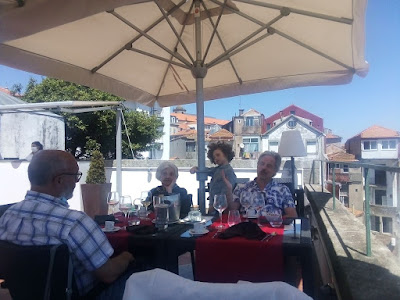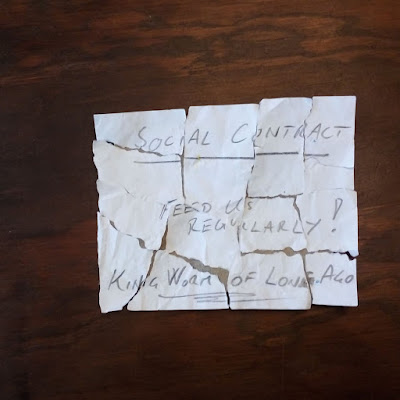“Everything must change for everything to remain the same”: pronounced by Tancredi in the novel “The Leopard”, written by Giuseppe Tomasi di Lampedusa.
May 1 was for a while dreaded by the elite. Factory workers were catching onto the various schemes that the elite were using in order to keep them from getting ahead in the world. Everything from social segregation to taxation was being denounced. There were protests and strife. However, this all subsided over the years and May 1 is now largely a day dedicated to pleasant reminiscing.
We are told that the labour movement was a success. All the main issues were resolved to the satisfaction of the average worker, and there are only minor issues left. Parades are victory marches that end up in town squares where politicians hold speeches.
So much has been gained by the labour movement, they say. Yet, taxes are as high as ever, and segregation based on just about any criteria is back in fashion. In reality, nothing much of substance has changed. The progress that has been made is not due to the labour movement, or political action, it's the result of the steady progress made by ordinary people in their ordinary lives.
A similar thing happened with Christianity back in Roman times. It was a truly revolutionary force. But the movement was absorbed by the elite who established what is today the Catholic Church. Rome became Christendom, the emperor became pope, and the empire lived on.
This is how all revolutionary movements peter out over time. The reason for it being a top layer of coordinating functionaries that always seem to find their way into such movements.
Once a layer of experts are allowed to make decisions on behalf of a movement, it's doomed. The inevitable outcome is complete capture by the elite.
The American Revolution was supposed to usher in a government for the people, by the people. Less than three hundred years later, the US is no more free than any other country. Christianity was supposed to bring us directly in touch with God. It quickly became an elite institutions where the Bible itself was restricted knowledge.
The only revolutionary movement I can think of today is the Yellow Wests in France, but I haven't heard much about them lately. They are either in hiding or they've been infiltrated.
There's only one type of movement that the elite truly fears, and that is the leaderless movement. The sort of movement that has many people talking favourable about it, but no coordinating node. Such movements cannot be controlled by the elite.
This is why they fear the true anarchists. People who don't believe that anyone has any right to dictate anything to anyone cannot be subjugated without much force and brutality. But if we focus our energy and our resources on our families and our friends, with no other concern about others than to keep an eye on them in case they do something dangerous to us, we become practically invisible to the elite.
The elite depend on us believing in their authority. If we stop doing it, they lose their power, and things will improve for us all. But this requires a great deal of constraint on our part, because we have to let other people decide for themselves what is right for them. We cannot get rid of the elite if we keep allowing them to interfere in other people's lives.
If something doesn't concern us directly, we must hold no strong opinion on the matter. It's none of our business what someone chooses to do inside their circle of family and friends if there's no spill-over into our circles.
Keep in mind the consequences of insisting on a law that regulates other people's lives. Once that premise is accepted, there's no limit to what that power can be used for, and the elite will come back in full force to wield it against everyone, including us.
Stay focused on the only thing that matters, and suggest that others do the same. Let family and friends know that they are the only thing we care about. Lead by example. Be successful in our private affairs and promote success in others. That's the only thing that matters, and to go beyond that is nothing but a waste of time.
 |
| Family |





